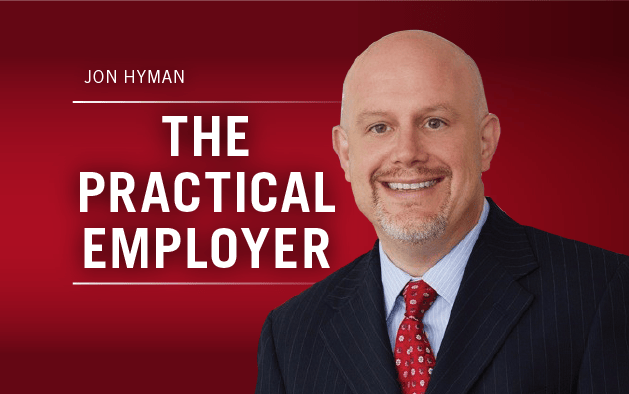Party City has agreed with the EEOC to pay $155,000 to settle an ADA lawsuit the agency filed on behalf of a rejected job applicant on the autism spectrum and suffering from severe anxiety.
According to the lawsuit, the individual had been receiving services from Easter Seals of New Hampshire to build up her self-confidence, including working and applying for a job. These services included a job coach.
When the Party City interviewer learned that the woman accompanying her to her interview was a job coach, the EEOC alleged that his entire attitude changed.
The hiring manager told the job coach that Party City had hired people with disabilities with job coaches in the past and that it had not gone well, and made disparaging comments about those employees. Although both the applicant and the job coach explained to the hiring manager that the applicant had been successful shadowing others in previous retail jobs, the hiring manager was uninterested in either the applicant’s abilities or in the limited role the job coach would play. … The hiring manager tried to cut the interview short by telling the job coach in a patronizing tone, “Thank you for bringing her here,” while the applicant was still in the room. The hiring manager also stated, in the applicant’s presence, that the Party City employee who had encouraged the applicant to apply would hire anyone, and would “even hire an ant.”
Per EEOC regional attorney Jeffrey Burstein, “Federal law requires employers to consider disabled job applicants based on their abilities, not on demeaning stereotypes.” Adds Kevin Berry, director of the EEOC’s New York District Office, said, “Allowing this applicant to work with a job coach in her early weeks of employment would not have caused an undue burden on Party City. The ADA requires employers to make this type of reasonable accommodation so as to enable qualified people with disabilities to join the workforce, which is a win-win for everyone.”
Four takeaways from this lawsuit and settlement:
-
- An employer’s obligation to consider and offer reasonable accommodations does not just extend to employees, but also to applicants. Employers cannot shirk their ADA responsibilities just because the person needed the accommodation is just an applicant.
- Past bad experiences with other employees or applicants are not a valid reason to deny a reasonable to a current employee or applicant. Reasonable accommodations are individualized, and must be considered on an individual-by-individual basis. Telling someone that you can’t offer an accommodation because of past bad experiences with others is a recipe for an expensive (and difficult to defend) lawsuit.
- A job coach is potential reasonable accommodation you must consider when presented by a disabled employee or applicant. You have to then engage the individual in the interactive process and determine how to offer that accommodation, if possible.
- Party City did the right thing by recognizing that it mishandled this applicant and settling this lawsuit through early mediation. It could have avoided the whole problem, however, by ensuring that those involved in hiring for its stores understand their reasonable accommodation obligations to disabled applicants. Indeed, I’d go so far as to say that no one should be doing any interviewing or hiring without ADA and reasonable accommodation training. This risk is just too great.





 Atlantic Capes Fisheries agreed to pay $675,000 to settle a lawsuit filed by the EEOC alleging sexual harassment and retaliation.
Atlantic Capes Fisheries agreed to pay $675,000 to settle a lawsuit filed by the EEOC alleging sexual harassment and retaliation.
 One of the questions that clients ask me most often is, “________ is out on a medical/pregnancy leave (or just returned); can we fire him/her?”
One of the questions that clients ask me most often is, “________ is out on a medical/pregnancy leave (or just returned); can we fire him/her?”